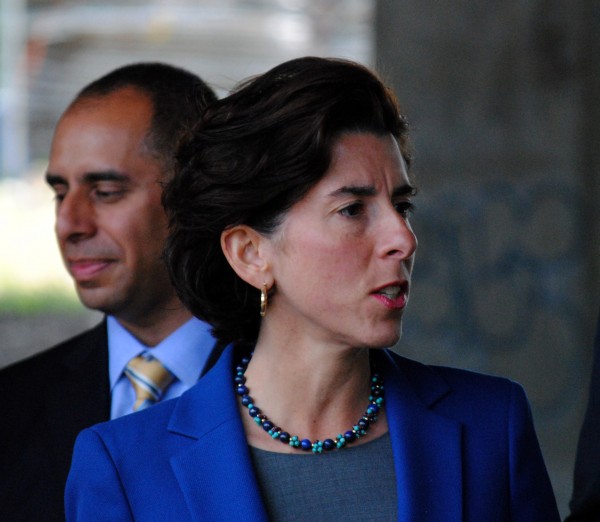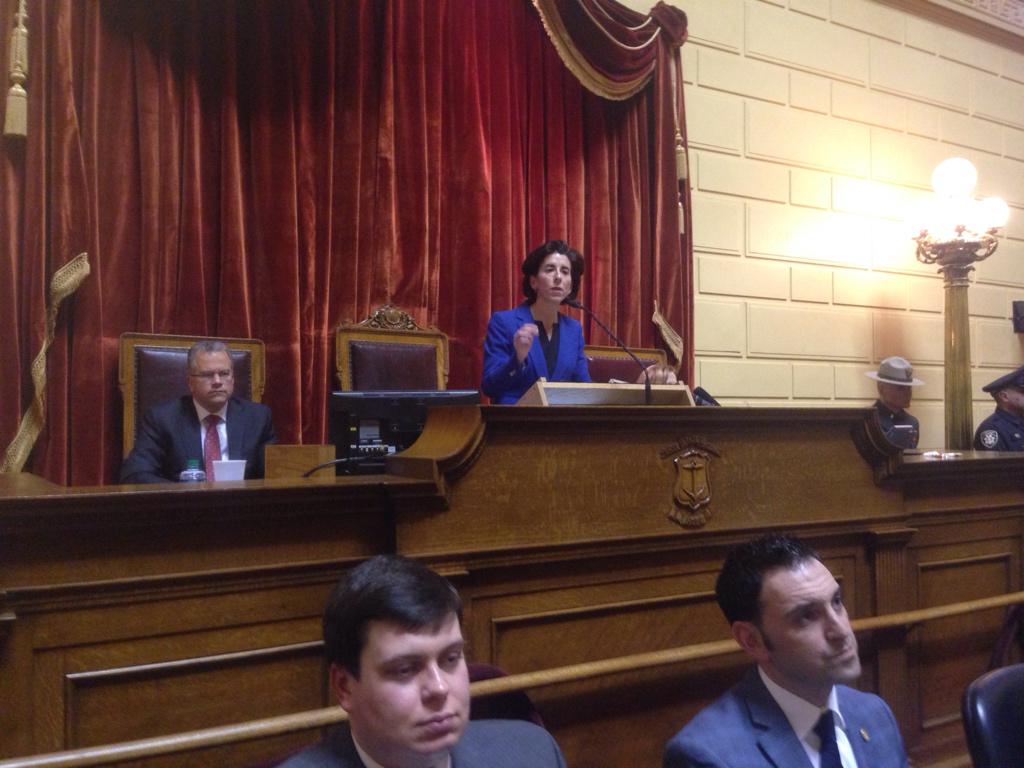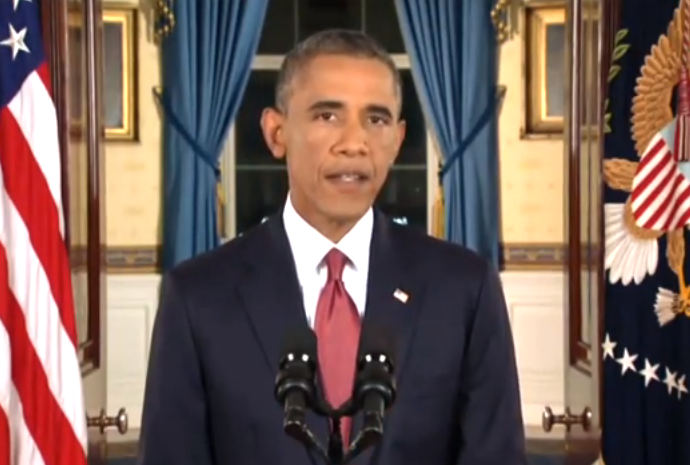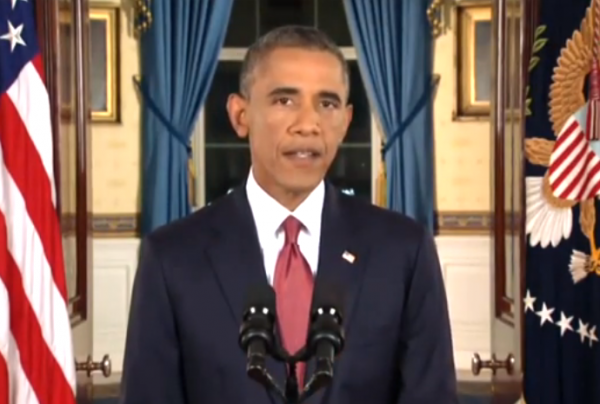
Language on abortion nestled into the 2016 Rhode Island State Budget dealing with HealthSource RI may have far reaching consequences for workers whose employers may want to claim a religious exemption from covering the procedure. As reported on RI Future yesterday, Governor Gina Raimondo inserted an 11th hour amendment into the budget that goes far beyond what Federal law mandates as regards abortion access under the Affordable Care Act. Several local organizations have now spoken out about the Governor’s actions.
James Rhodes, director of public policy & government relations at Planned Parenthood Southern New England, said, in a statement,
Planned Parenthood was surprised to see these proposals in the Governor’s budget when it was unveiled last week, and we were not consulted about the new policies contained in this article. Additionally, since there was never a hearing on this language, we have not been able to get clear guidance on the intent of these policies.
“Specifically, there is a fundamental question on which the budget article the House Finance Committee passed on Tuesday night is silent: ‘How does a small employer, whether a religious organization or not, claim a religious exemption from covering abortion?’ Do they have a form to fill out to submit to the Office of Health Insurance Commissioner to declare their objection in order to get a new plan variation from an insurer? Is there any requirement to notify insured employees that their insurance does not cover this service, which is standard coverage in the small group market?
“Fundamentally, Planned Parenthood believes that employers should not be making health decisions around abortion coverage or contraception for their employees. Rhode Island has an opportunity to protect employees by including specific language that would require, at a minimum, notification, to the Insurance Commissioner and employees, that the insurance an employer is offering does not include the full range of reproductive health options, including abortion.”
Steve Brown, executive director of the RI ACLU, also expressed concerns, saying in a statement,
We are extremely disappointed in the Governor’s introduction of polarizing abortion language into the health exchange budget article. Protecting access to abortion is an essential component of comprehensive health coverage, but Article 18 undermines that access.
“It is worth emphasizing that the federal health care law already imposes significant restrictions on abortion access through health care exchanges. The additional burdens that passage of this budget article could impose, particularly on unwitting employees, is deeply troubling.”
As a candidate, Raimondo was happy to accept campaign money from the pro-choice PAC Emily’s List and to accept the endorsement of Planned Parenthood Votes!. Raimondo once said that “women are ‘smart enough’ to make their own health care decisions without interference from government or their employer,” according to a ProJo piece by Katherine Gregg.
Laws that allow employers to make unilateral decisions about a worker’s reproductive healthcare options cut against candidate Raimondo’s claim.
Sam Bell, executive director of the Progressive Democrats of Rhode Island, said in a statement,
For folks who criticized me during the campaign season for saying that Raimondo would be less than fully committed to protecting a woman’s right to choose, this is what I was talking about.
“Restricting insurance coverage of reproductive healthcare is one of the most dangerous ways to erode a woman’s right to choose. The fact of the matter is that wealthier women will always have access to abortions. They can go to another state and pay for the procedure out of pocket. They may have the procedure delayed. They may face institutionalized shaming. But with enough money, they will always have access, no matter how restrictive Rhode Island’s laws get.
“That’s why this new policy is so damaging. It will force lower-income women to choose between carrying a child they don’t want and financial ruin.”




